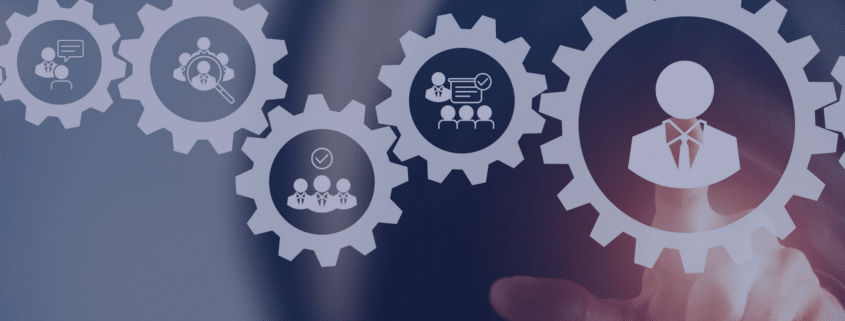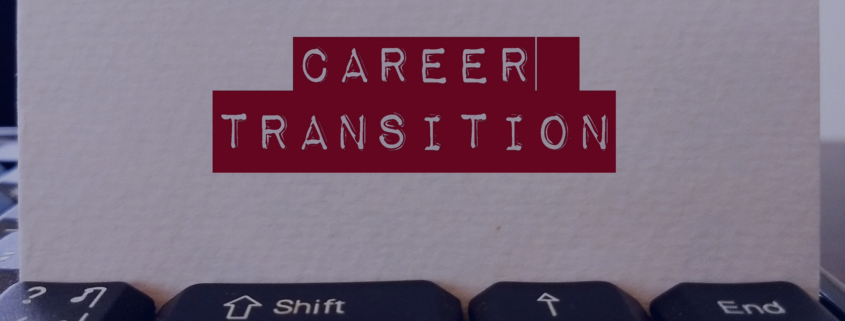Understanding Staffing Agency Processes: A Jobseeker’s Guide
Staffing agencies are like matchmakers in the employment world. They bridge the gap between companies seeking talent and individuals looking for their next career move. These agencies specialise in identifying the right fit for both parties, ensuring a harmonious professional relationship. As a staffing agency in South Africa, we have compiled this comprehensive guide to understanding staffing agency processes.
Understanding Staffing Agency Processes
Initial Contact and Registration
The journey with a staffing agency begins when you initiate contact, either through an online application, a referral, or direct outreach. Registration typically involves providing your resume, which should be up-to-date and tailored to highlight your skills and experiences relevant to the industries you’re interested in. Some agencies might also ask you to fill out a detailed registration form, which can include questions about your employment history, educational background, skill sets, and career preferences. This step is crucial as it lays the foundation for your job search and allows the agency to understand your profile better.
Comprehensive Assessment and Interview
After registration, the agency will usually schedule an assessment or an interview, which can be in-person or virtual, especially in today’s digitally-driven world. This stage is not solely about evaluating your technical skills and experience. It’s an opportunity for the agency to delve into your career objectives, understand your personality, and gauge your cultural fit for potential employers. Agencies may use various assessment tools, such as personality tests, skill-based evaluations, and situational judgement tests, to get a well-rounded view of your profile.
Tailored Job Matching and Client Introduction
This is where the magic of a staffing agency truly shines. Based on your skills, experiences, and career aspirations, the agency will identify suitable job openings. They don’t just send your resume to potential employers. Instead, they often craft a customised pitch or cover letter that highlights your key strengths and how they align with the specific needs of the job. This personalised approach increases your chances of standing out in the competitive job market. The agency’s deep understanding of the employer’s requirements and company culture plays a crucial role in ensuring that the job matches are not just about the role but also about the right environment for your career growth.
Constructive Feedback and Continuous Follow-Up
One of the most valuable aspects of working with a staffing agency is the feedback loop. After job interviews, the agency will provide you with feedback from the employer, whether positive or constructive. This feedback is vital for your personal and professional development. It helps you understand areas of strength and opportunities for improvement. Agencies also follow up regularly with both you and the employer throughout the hiring process and even after job placement. This ongoing communication ensures that you are supported at every stage and can make informed decisions about your career.
Tips for Job Seekers Engaging with Staffing Agencies
Transparent and Detailed Communication
Effective communication is key in your relationship with a staffing agency. It’s essential to be open and honest not only about your career goals and job preferences but also about your salary expectations, willingness to relocate, and work-life balance requirements. Share specific instances from your past roles to demonstrate your skills and experiences. This detailed communication enables the agency to tailor their search more effectively, ensuring they match you with roles that truly fit your career aspirations and personal needs.
Flexibility and Openness to Diverse Opportunities
The job market is dynamic, and sometimes the ideal role may be one you haven’t yet considered. Staffing agencies have a broad view of the market and can identify opportunities that align with your skills in ways you may not have envisioned. Be open to exploring roles in different industries, contract positions, or even temporary assignments. These roles can offer valuable experiences and may lead to unexpected and fulfilling career paths.
Proactive and Consistent Engagement
Staying actively engaged with your staffing agency is crucial. Regular check-ins via phone or email demonstrate your ongoing interest and keep you at the forefront of the recruiter’s mind. However, engagement goes beyond check-ins. Actively seek feedback, ask for advice on improving your interview skills, or request market insights. This proactive approach shows your dedication and enthusiasm, making you a more attractive candidate to potential employers.
Continuous Learning and Adaptability
In today’s fast-paced job market, continuous learning and adaptability are highly valued. Discuss with your staffing agency any additional skills or certifications that could enhance your employability. Show a willingness to adapt to new technologies and working methodologies. Staffing agencies appreciate candidates who are committed to growth and development, as this makes them more marketable to employers.
Cultivating a Strong Online Presence
In the digital age, your online presence can significantly impact your job search. Ensure your LinkedIn profile is up-to-date and reflective of your resume. Engage with industry-relevant content and expand your professional network online. Agencies often use these platforms to assess candidates, so a strong, professional online presence can greatly support your job search.
Building a Relationship with Your Recruiter
Developing a good relationship with your recruiter at the staffing agency can be highly beneficial. Be respectful of their time, provide prompt responses, and show appreciation for their efforts. A strong, positive relationship with your recruiter can lead to them advocating more passionately on your behalf and thinking of you first for upcoming opportunities.
Working with a staffing agency is a partnership that requires clear communication, openness to new opportunities, proactive engagement, continuous learning, a strong online presence, and a good relationship with your recruiter. These tips will not only help you maximise the benefits of working with an agency but also enhance your overall job search strategy and career development.
Embark on a Transformative Career Journey: Your Partner in Success
Embarking on your career journey with a staffing agency is more than just a step towards your next job; it’s a partnership for your future success. With MASA, you’re not just a resume in a pile; you’re a unique individual with aspirations, talents, and potential. Our personalised approach ensures that we not only understand your career objectives but also champion them.
From guiding you through the complexities of today’s job market to matching you with opportunities that truly align with your skills and passions, MASA is here to navigate the path with you. Ready to transform your job search into an exciting adventure? Visit MASA’s homepage now to grasp a better understanding of staffing agency Processes and discover how our expertise can unlock new horizons in your professional journey. Let’s shape your future together!












